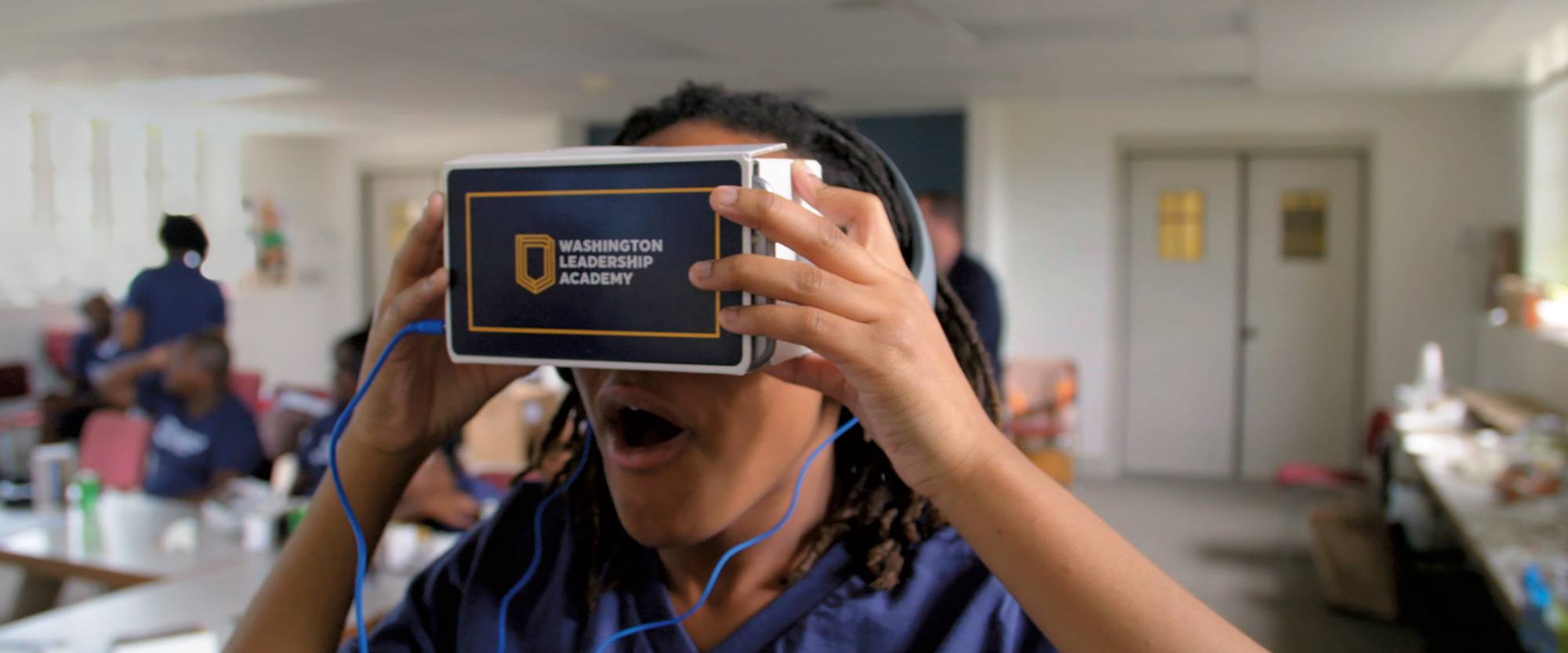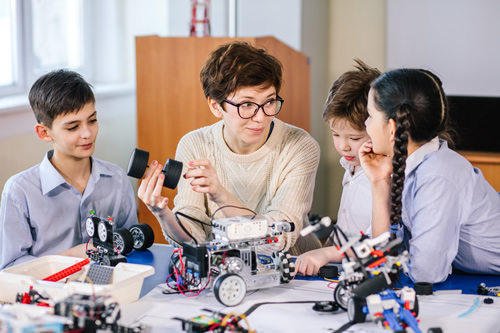Holistic and STEAM Education: Nurturing Future Work Skills

In today’s rapidly evolving world, education plays a pivotal role in shaping the future workforce. As we witness constant advancements in technology and a shifting global landscape, the need for a well-rounded education becomes more apparent. In this article, we explore the significance of holistic education, delve into the principles of STEAM education, and discuss its impact on preparing individuals for the challenges of the future.
The Changing Landscape of Education
The traditional approach to education, centered around isolated subjects and rote memorization, is becoming outdated in the face of a dynamic and interconnected world. As industries undergo transformative changes due to technological advancements, the demand for a more comprehensive and adaptable education system is on the rise.
The Rise of Holistic Education
Holistic education encompasses a broader spectrum of learning that goes beyond textbook knowledge. It aims to nurture not only academic intelligence but also emotional, social, and creative intelligence. This approach recognizes the interconnectedness of various disciplines and emphasizes critical thinking, problem-solving, and collaboration skills.
The Need for STEAM Education
One of the cornerstones of holistic education is STEAM (Science, Technology, Engineering, Arts, and Mathematics) education. STEAM brings together diverse fields, encouraging students to explore the intersections between science, technology, engineering, arts, and mathematics. This interdisciplinary approach fosters creativity, innovation, and a deeper understanding of real-world applications.
Integrating Arts into STEM
While STEM focuses on science, technology, engineering, and mathematics, the inclusion of Arts in STEAM adds a crucial element to the mix. The arts bring creativity, imagination, and aesthetic sensibilities into the learning process. This integration not only enhances the overall educational experience but also prepares individuals for careers that require a combination of technical and creative skills.
Developing Critical Skills for the Future Workforce
The future workforce demands individuals who possess a diverse skill set. STEAM education equips students with not only technical knowledge but also with critical skills such as problem-solving, adaptability, and effective communication. These skills are essential for navigating the complexities of the modern workplace and contributing meaningfully to innovation and progress.
Embracing Technology in Education
In the digital age, technology plays a pivotal role in education. Online learning platforms, interactive simulations, and virtual classrooms are becoming increasingly prevalent. STEAM education leverages technology to provide hands-on learning experiences, encouraging students to apply theoretical knowledge in practical situations. This prepares them for a tech-driven workforce and fosters a comfort with evolving technologies.
Connecting Education with the Future Workforce
As we contemplate the future of education, it is essential to consider its direct connection to the future workforce. The skills and knowledge imparted through holistic and STEAM education align closely with the evolving needs of industries. Employers seek individuals who not only possess technical proficiency but also demonstrate adaptability, creativity, and a capacity for continuous learning.
STEAM Education and the Future Workforce
In conclusion, the integration of STEAM education into our educational systems is a crucial step towards preparing individuals for the challenges of the future workforce. The holistic approach of STEAM not only equips students with technical knowledge but also instills in them the essential skills needed to thrive in an ever-changing world. To delve deeper into the intersection of STEAM education and the future workforce, explore more insights here.
In embracing holistic education and the principles of STEAM, we empower the upcoming generation to navigate the complexities of a rapidly evolving world. As we strive to create a workforce that is not only competent but also innovative and adaptable, the role of education becomes more paramount than ever.



